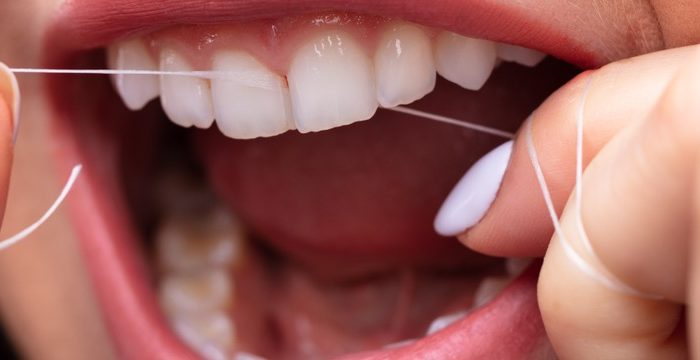Self-esteem reflects how we feel about ourselves. A positive sense of self is vital to your child’s health and happiness.
Transformations that your child’s body and mind go through in puberty and adolescence can significantly affect their body-image and self-esteem. Changes in physical, cognitive, social and emotional aspects of your child’s development can cause a wide range of difficulties, including low confidence, mood swings, substance abuse, anxiety, and depression.
Young people who struggle with low self-esteem tend to see themselves as unlovable, unattractive, or unworthy. In turn, negative self-perception of their behavior usually further sinking self-esteem.
On the other side, if your child has healthy self-esteem, they will be appreciative, self-compassionate and caring to themselves. A healthy self-image means that your child has a well-balanced and realistic view of their personal qualities and abilities.
There are many strategies available to help your child improve self-esteem. Learning the child how to change her mindset and take a different perspective about herself can improve your child’s happiness and well-being.
Help Your Child Set Clear Goals
Healthy self-esteem is the key to resilience and success. A child who doesn’t believe in himself is less likely to succeed and be happy. You can help your child understand how to set clear goals and reasonable expectations.
Setting realistic, clear goals will help your child understand what they want to achieve and how to achieve it. This will help alleviate stress and help improve their self-esteem. Also, teach your kids to enjoy the learning process and to have faith in themselves.
Teach Your Children to Reprogram their Brains for Success
The human brain is programmed to stop putting effort after we several times fail to reach our goals. This self-preserving strategy helps the brain maintain its energy. So, if your child has repeatedly failed to reach his goals, his brain may switch to effort repression mode.
Help your children cultivate a growth mindset that promotes confidence in their abilities. A growth mindset means believing that your skills and intelligence can develop with time and effort. So, teach your child that her brain can change and adapt throughout life.
Practice Mindfulness Together
Mindfulness exercise allows you to observe your thoughts and emotions as they appear in the present moment, without self-judgment and interpretation. Help your children learn the skill of being fully present in the existing moment because mindfulness will allow them to become aware of their self-critical and discouraging thoughts. Besides, mindfulness exercise can boost your children’s mood and improve their self-acceptance.
Encourage Them to Focus on the Positives
Strive to develop a positive attitude in your child towards her body. Teach them to accept that no one is perfect and to treat their bodies with respect. Be a good role model and focus on yourself as the whole person. Teach your children that their competence and value go beyond their appearance as this is key to strong self-esteem and good mental health.



Leave a Comment